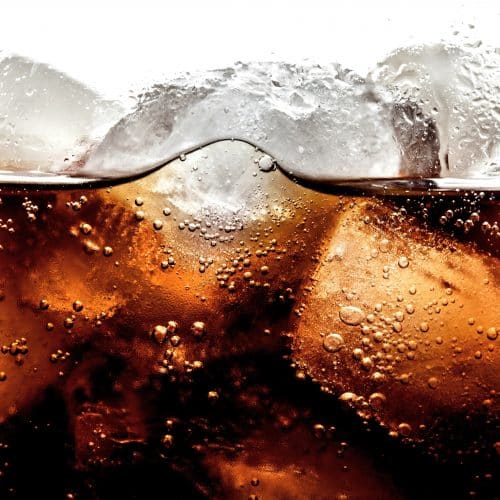ATLANTA (June 29, 2011) – The Calorie Control Council stated today that research findings reported during a presentation at the 2011 American Diabetes Association Meeting claiming an association between the use of diet soft drinks and waist circumference are not based on sound science.
The presentation, “Diet Soft Drink Consumption Is Associated with Increased Waist Circumference in the San Antonio Longitudinal Study of Aging,” is based on research that has not been published in a peer-reviewed journal but instead has only been presented at a meeting. Further, the presentation provides allegations but little supporting data because the research is in abstract form only, as opposed to a full peer-reviewed study.
The Council cites the following as major limitations of this research:
- The study is speculative in nature and is an epidemiological study which cannot show cause and effect.
- The study did not control for other dietary factors such as the foods and beverages consumed. Further, participants in the study were aged 65-74 and this population could easily have used diet soda to help reduce caloric intake in an effort to assist in weight loss, (which would explain the use of diet soda) as weight gain during the aging process is not uncommon. The increase in waist circumference could have easily been caused by other dietary factors and lifestyle habits.
- The study findings are illogical. It is physiologically impossible for foods and beverages without calories to cause weight gain and thereby increase waist circumference.
- The American Diabetes Association and the American Dietetic Association support the use of low-calorie sweeteners. The American Dietetic Association states in its position paper on the use of nutritive and nonnutritive sweeteners, “Nonnutritive sweeteners are appropriate in medical nutrition therapy for people with diabetes and may help control energy intake.”
- Although specifically evaluating the use of diet beverages and diabetes, researchers state in a study published in the May issue of the American Journal of Clinical Nutrition that the relationships between diet beverages and diabetes are “illusory associations” as individuals with certain health conditions or those trying to lose weight are likely to be higher consumers of diet beverages. The study, conducted in over 40,000 individuals over a twenty year period, showed that diet sodas are not related to diabetes. Further, the researchers concluded, “This supports our hypothesis that participants use artificially sweetened beverages as dieting aids or because of poor health. A lack of adjustment for these [health and lifestyle] factors may therefore have contributed to illusory associations [between diet soda consumption and type 2 diabetes] in other studies.”



